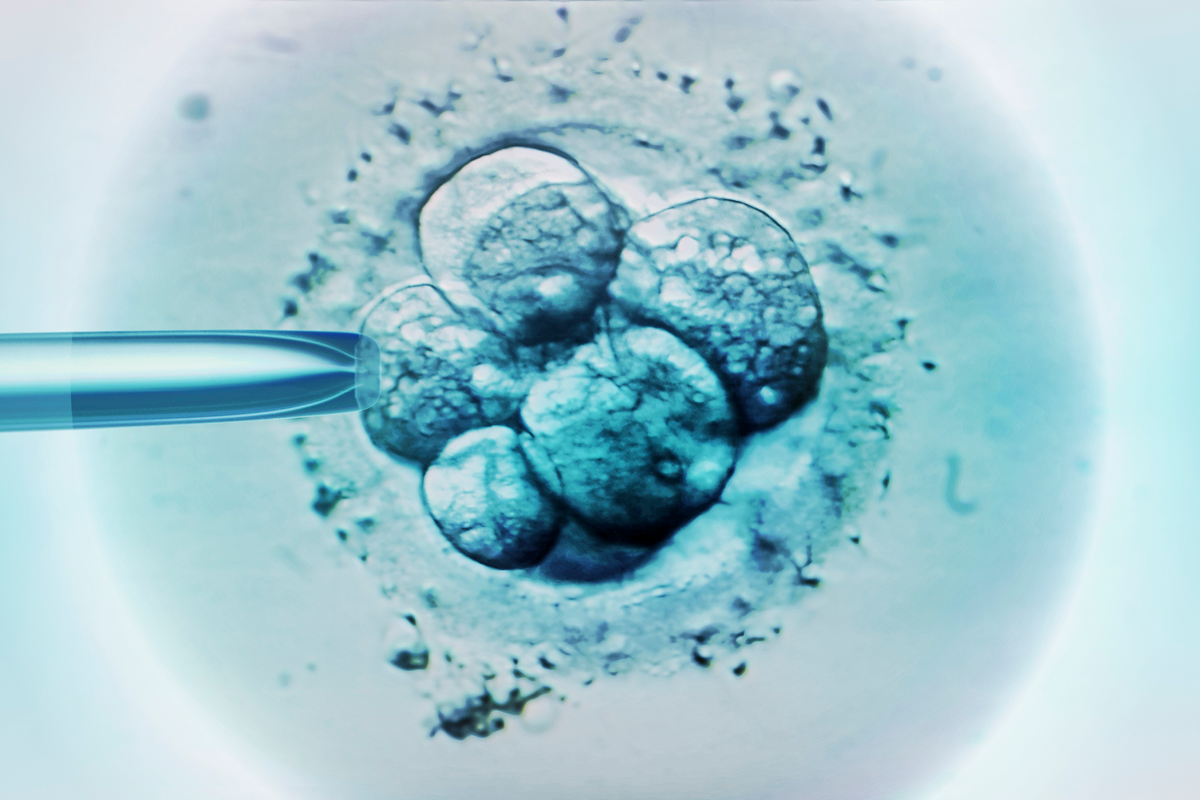I have been hearing a lot lately about the benefits of the medication rapamycin, particularly for fertility. I am 39, and my husband and I are not sure if we are done having kids. Should I be taking rapamycin just in case?
—On the Fence About Fertility
Rapamycin is one of several drugs developed for one thing and being repurposed for its possible anti-aging benefits; metformin is another. Rapamycin was approved in 1999 for its ability to suppress the immune system in organ transplant recipients. It is also used to coat cardiac stents placed in the arteries of the heart to open blockages. The drug prevents scar tissue from growing in the stent and reblocking the artery.
In the past 15 years, rapamycin has been studied in animals for its possible anti-aging effects following reports that it extended the lifespan of rats. Through those studies, researchers noted that the drug not only slowed aging but extended the ovarian lifespan in female rats. Researchers theorize that rapamycin blocks a pathway at the cellular level that leads an egg to start down the path toward ovulation.

A quick review: Female mammals, including humans, are born with all the eggs we will ever have, approximately 1 million to 2 million in human females. Each month, 50 or so of those eggs start down the path to maturing and preparing for ovulation, but only one — occasionally two — of those eggs makes it through the entire process to ovulation. Scientists think that rapamycin decreases the number of eggs that start the maturation process from 50 to about 15, thus extending the length of time those 1 to 2 million eggs will last.
However, it’s too early to race to your doctor for a prescription. The recent coverage is focused on the very early results of a pilot study of just a few dozen women. The results have not been published, although initial reports sound promising. But rapamycin can have significant side effects and needs to be studied in larger groups of women to better understand appropriate dosing and the risks and benefits of the medication for fertility preservation.
The upshot: Rapamycin has been shown to reduce ovarian aging in rats, and we have good reason to think it might do the same in humans, but clinical trials in humans are just getting started. It will be a while before we have the data we need to start using rapamycin routinely to prolong fertility.
Community Guidelines















Log in